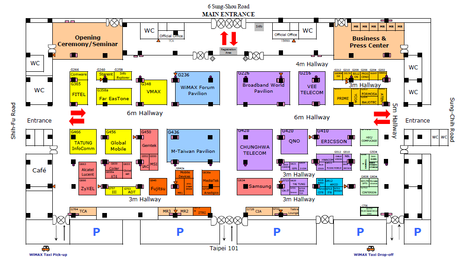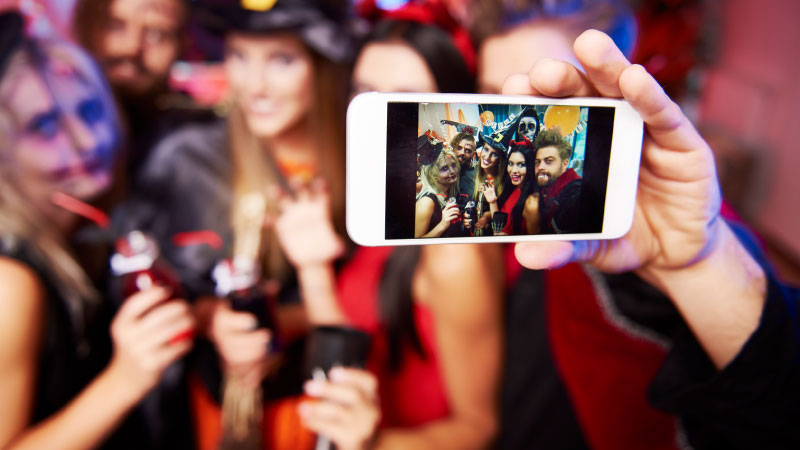Event marketing is a powerful tool that can significantly enhance brand visibility, customer engagement, and lead generation. This guide aims to provide a comprehensive overview of event marketing, covering everything from planning and execution to post-event follow-up.

Understanding Event Marketing
Event marketing involves the promotion of a brand, product, or service through in-person or real-time engagements. Events can be digital or physical and can range from webinars and live streams to trade shows and conferences. Regardless of format, the goal remains the same: to create meaningful interactions with your audience that drive results.
Benefits of Event Marketing
- Brand Awareness: Events provide a platform to showcase your brand’s personality and values. By participating in high-profile events, your brand can gain exposure and establish itself as a leader in the industry.
- Customer Engagement: Engaging customers through events creates lasting impressions and emotional connections, leading to increased loyalty and word-of-mouth referrals.
- Lead Generation: Events are ideal for capturing qualified leads. Attendees are often highly engaged and interested in learning more about your offerings, making it easier to gather valuable contact information.
- Education: Events offer opportunities to educate prospects and customers about your products and services, demonstrating their value and applicability to their needs.
- Upselling: By showcasing new features and products, events provide a natural setting for upselling to existing customers.
Types of Event Marketing
Online Events:
- Webinars: Webinars are interactive sessions that can include presentations, product demos, and Q&A segments. They are cost-effective and can reach a global audience.
- Live Streaming: Live streaming events, such as product launches or behind-the-scenes tours, allow real-time engagement with viewers through social media platforms.
- Trade Shows: Trade shows bring together industry players and provide a space for networking, product demonstrations, and lead generation.
- Conferences: Conferences typically focus on specific topics or industries, offering multiple sessions, keynote speakers, and networking opportunities.
- Meetups: Smaller, local gatherings that facilitate networking and relationship building within a specific community.
- Appreciation Events: Exclusive events for top customers to show appreciation, build loyalty, and encourage referrals.
Planning Your Event
- Set Clear Objectives: Define what you want to achieve with your event, whether it’s lead generation, brand awareness, or customer education.
- Identify Your Audience: Understand who your target audience is and what type of event will attract and engage them.
- Choose the Right Format: Decide whether an online or in-person event best suits your goals and audience.
- Budget and Resources: Allocate a budget and resources for your event, including venue costs, marketing, staffing, and technology.
- Select a Date and Venue: Choose a date that does not conflict with other major events in your industry. For in-person events, select a venue that is accessible and suitable for your audience size.
- Create a Marketing Plan: Develop a comprehensive marketing plan that includes email marketing, social media, press releases, and partnerships to promote your event.
Executing the Event
- Engage Attendees: Use interactive elements such as polls, Q&A sessions, and live demos to engage attendees.
- Provide Value: Ensure your content is valuable and relevant to your audience. High-quality presentations and knowledgeable speakers are key.
- Networking Opportunities: Facilitate networking through dedicated sessions, social events, or online networking tools.
- Brand Visibility: Ensure your branding is visible throughout the event, from signage and booths to digital platforms.
- Collect Data: Use registration forms, surveys, and lead capture tools to collect attendee information for follow-up.
Post-Event Strategies
- Follow Up Quickly: Send personalized follow-up emails to attendees thanking them for their participation and providing additional resources or offers.
- Analyze Feedback: Collect and analyze feedback from attendees to understand what worked well and what can be improved.
- Measure ROI: Evaluate the success of your event against your initial objectives. Metrics can include the number of leads generated, attendee satisfaction, and social media engagement.
- Content Sharing: Share event highlights, recordings, and key takeaways on your website and social media to extend the event’s reach.
- Nurture Leads: Implement a lead nurturing strategy to convert event leads into customers. This can include follow-up emails, content offers, and personalized outreach from sales teams.
Event marketing, when done right, can be one of the most impactful marketing channels. It offers a unique opportunity to connect with your audience on a personal level, build brand awareness, generate leads, and educate prospects and customers. By carefully planning, executing, and following up on your events, you can maximize their potential and achieve significant business results. Whether you’re hosting a webinar, sponsoring a trade show, or organizing a customer appreciation event, this ultimate guide provides the framework you need to succeed in event marketing.



